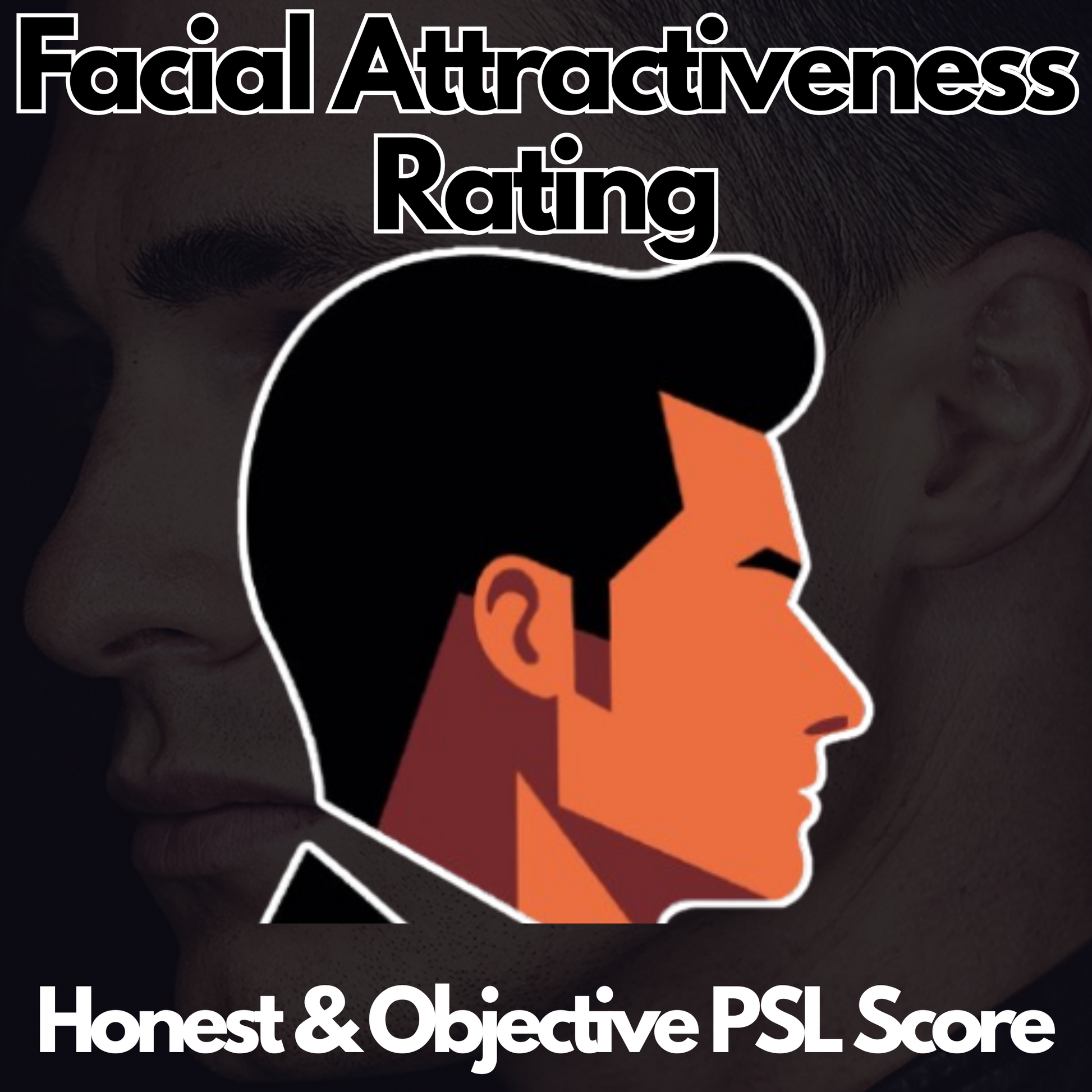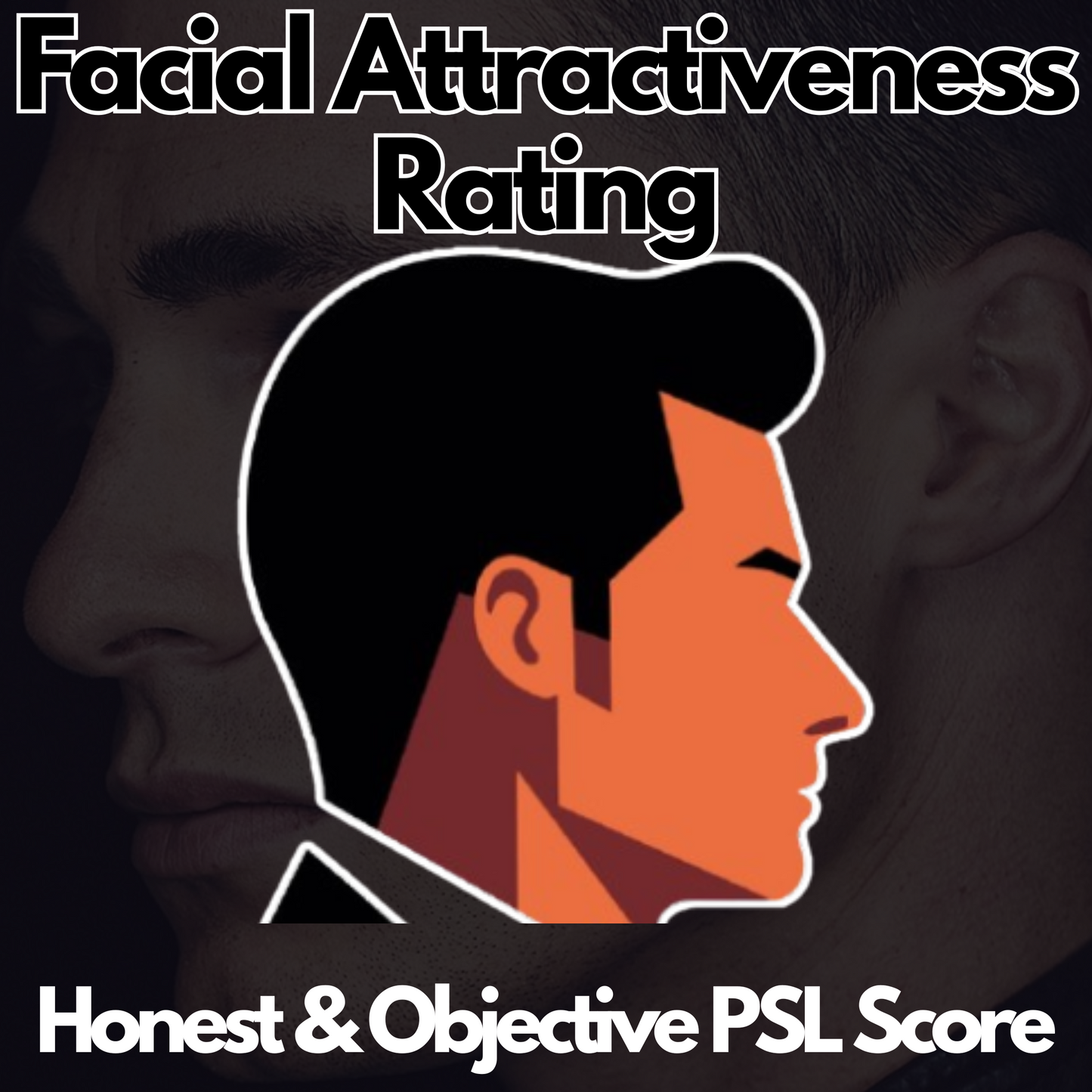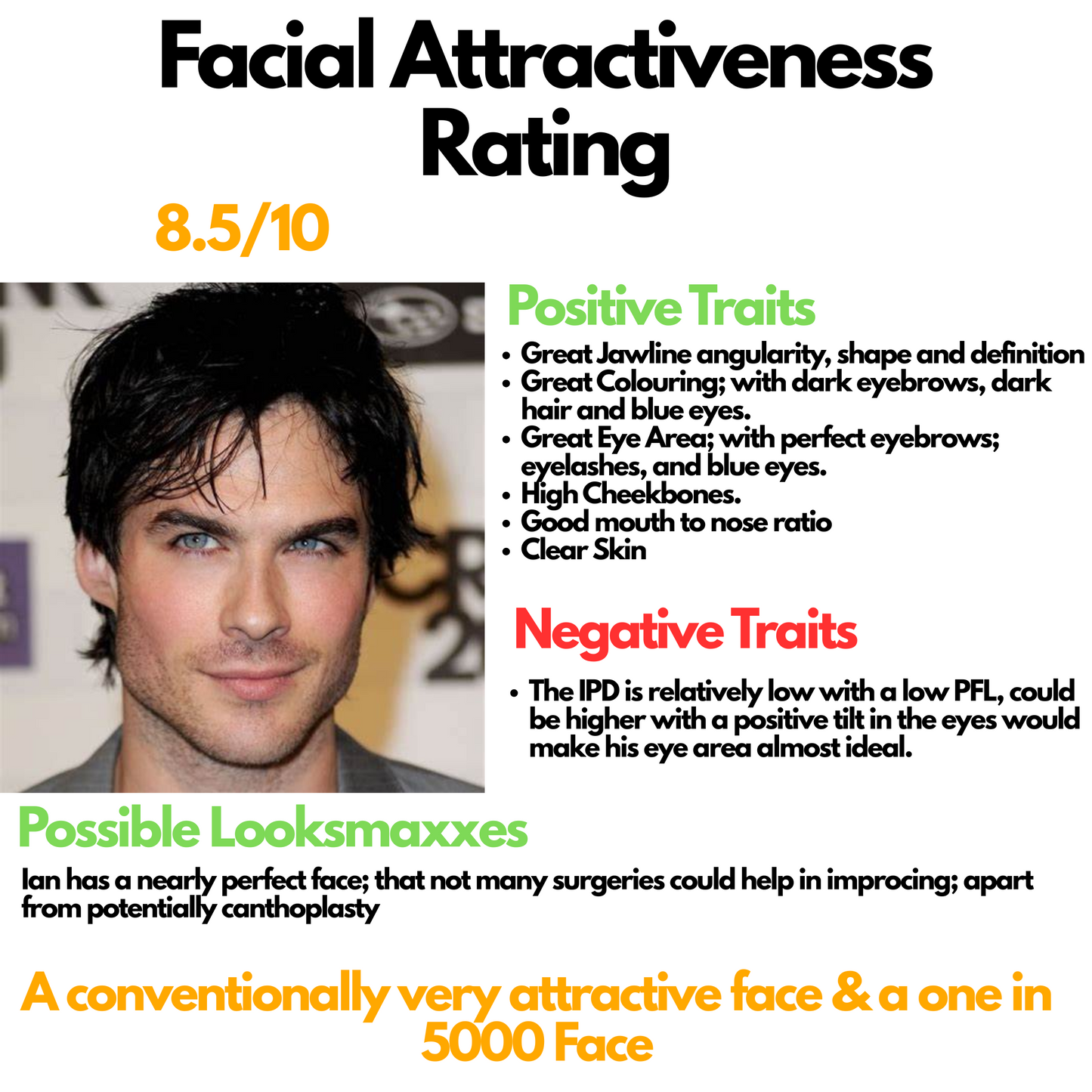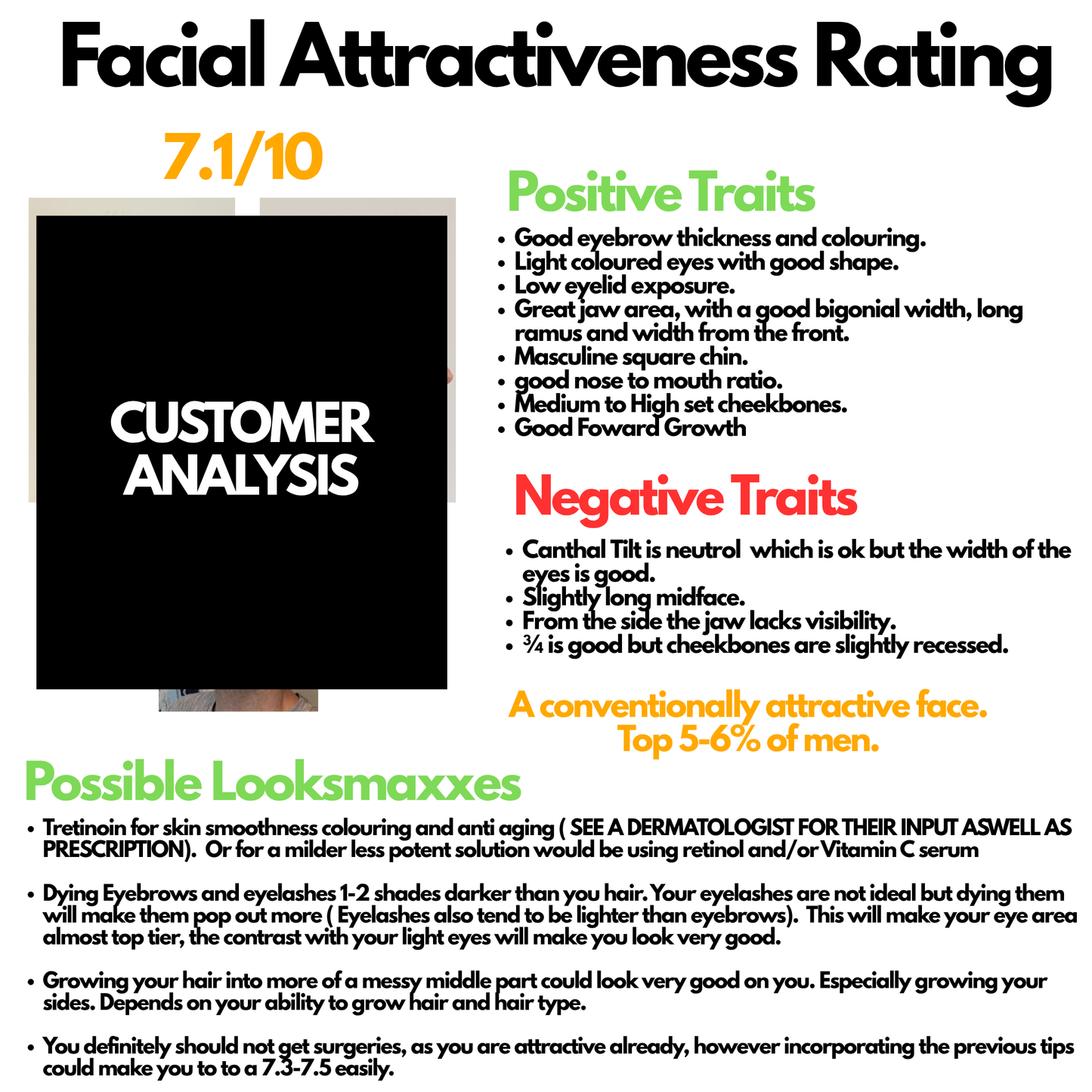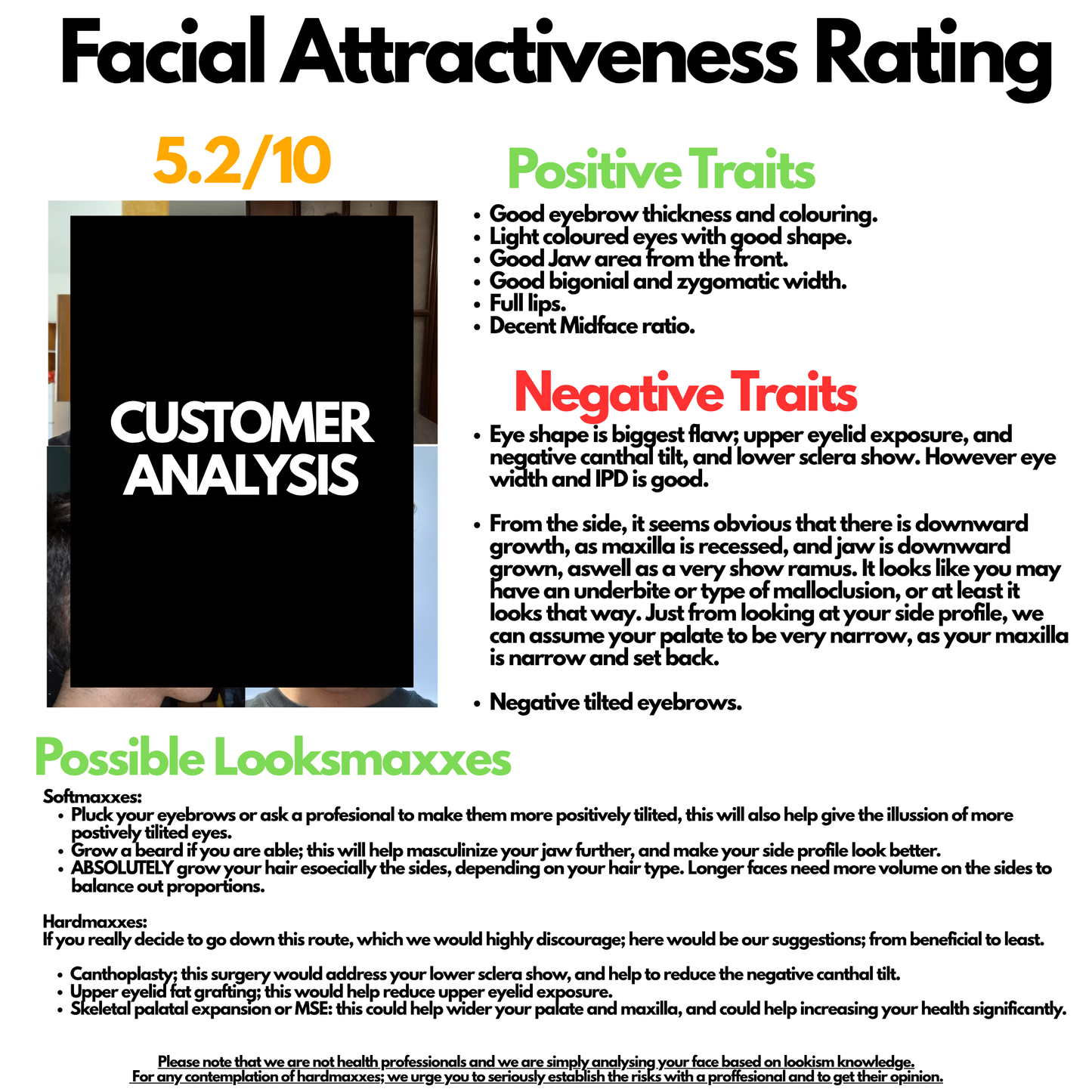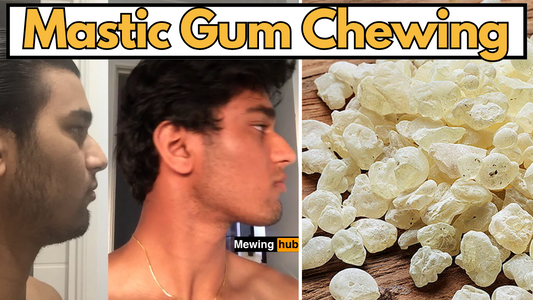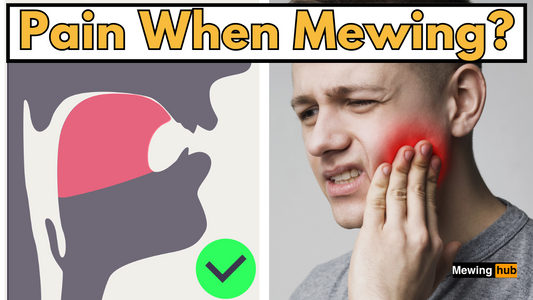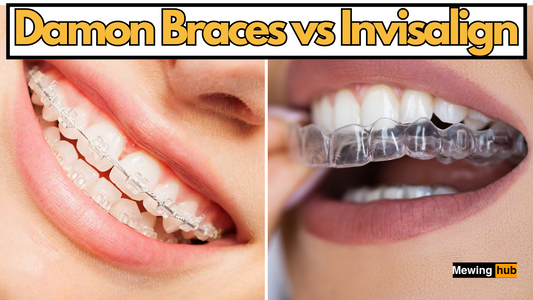Chin Strap vs Mouth Tape: Finding the Best Solution for Sleep and Breathing
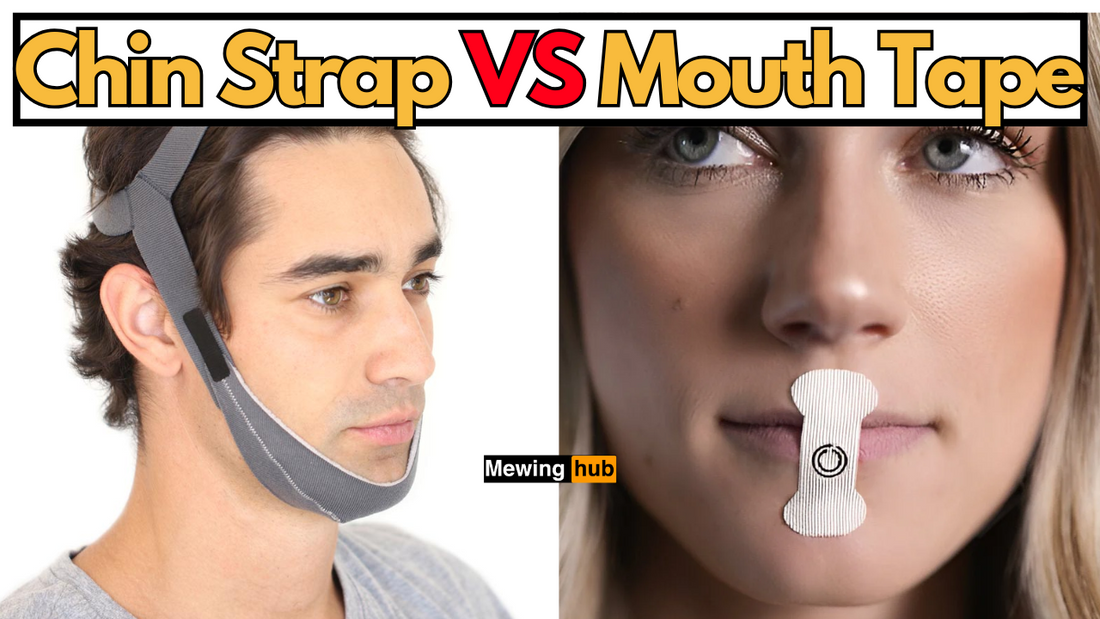
Share
Achieving quality sleep often hinges on proper breathing and jaw alignment. Two popular devices aimed at improving these factors are chin straps and mouth tape. But which is better for you: a chin strap vs mouth tape?
This comprehensive guide will explore the benefits, effectiveness, potential drawbacks, and key considerations for choosing between a chin strap and mouth tape to optimize your sleep and breathing.
What is a Chin Strap?
A chin strap is a device typically made of elastic or adjustable fabric that supports the chin and keeps the mouth closed during sleep. It's commonly used to address mouth breathing, snoring, and sleep apnea.

How Chin Straps Work:
-
Supports the Jaw: Gently lifts and supports the chin, preventing the mouth from dropping open.
-
Promotes Nasal Breathing: Encourages breathing through the nose rather than the mouth.
-
Reduces Snoring: By keeping the mouth closed, it can reduce snoring caused by mouth breathing.
Potential Benefits of Chin Straps:
-
Reduced Snoring: Prevents mouth breathing, a common cause of snoring.
-
Improved Sleep Apnea Symptoms: Can be used in conjunction with CPAP therapy to improve compliance.
-
Enhanced Nasal Breathing: Promotes proper nasal airflow, which is more efficient and beneficial than mouth breathing.
-
Simple and Non-Invasive: A relatively easy and non-invasive solution for addressing mouth breathing.
What is Mouth Tape?
Mouth tape involves using a specialized adhesive tape to gently seal the lips together during sleep. This technique aims to enforce nasal breathing and prevent mouth breathing.

Checkout our Mewing Sleep Strips Now!
How Mouth Tape Works:
-
Seals the Lips: Gently holds the lips closed, preventing mouth breathing.
-
Promotes Nasal Breathing: Encourages breathing through the nose, which is filtered, humidified, and warmed air.
-
Strengthens Oral Muscles: May help strengthen the muscles involved in lip closure over time.
Potential Benefits of Mouth Tape:
-
Enhanced Nasal Breathing: Promotes exclusive nasal breathing for improved oxygenation and reduced snoring.
-
Reduced Snoring: Prevents mouth breathing, a significant contributor to snoring.
-
Improved Sleep Quality: May lead to better sleep quality due to consistent nasal breathing.
-
Potential Oral Health Benefits: Can help reduce dry mouth and improve oral hygiene.
Chin Strap vs Mouth Tape: Key Differences

To make an informed decision, let's compare chin strap vs mouth tape across several important factors:
1. Mechanism of Action:
-
Chin Strap: Supports the jaw to keep the mouth closed.
-
Mouth Tape: Directly seals the lips together.
2. Effectiveness for Snoring:
-
Chin Strap: Can be effective for reducing mouth-breathing-related snoring.
-
Mouth Tape: Often considered more effective for preventing mouth breathing and snoring.
3. Comfort:
-
Chin Strap: Some users find chin straps uncomfortable due to pressure on the jaw.
-
Mouth Tape: Generally considered comfortable, but some may find the feeling of having their lips taped restrictive initially.
4. Ease of Use:
-
Chin Strap: Simple to put on and adjust.
-
Mouth Tape: Easy to apply, but requires ensuring the skin is clean and dry for proper adhesion.
5. Suitability for Sleep Apnea:
-
Chin Strap: May be used in conjunction with CPAP therapy, but not a primary treatment for sleep apnea.
-
Mouth Tape: Not a substitute for CPAP therapy; consult a doctor before using it if you have sleep apnea.
6. Potential Side Effects:
-
Chin Strap: Jaw discomfort, skin irritation, or allergic reactions to the material.
-
Mouth Tape: Skin irritation, lip dryness, or difficulty removing the tape.
Who Should Use a Chin Strap?
A chin strap may be a good option if:
-
You primarily snore due to mouth breathing.
-
You have mild sleep apnea and use a CPAP machine.
-
You find mouth tape uncomfortable or restrictive.
-
You want a simple, non-invasive solution.
Who Should Use Mouth Tape?
Mouth tape may be a suitable choice if:
-
You primarily breathe through your mouth during sleep.
-
You want to enforce nasal breathing for potential health benefits.
-
You don't have severe sleep apnea or other respiratory conditions.
-
You're comfortable with the feeling of having your lips taped shut.
Precautions and Considerations
Before using a chin strap or mouth tape, keep these precautions in mind:
-
Consult a Doctor: If you have sleep apnea, consult your doctor before using either device.
-
Allergies: Check the materials of both devices to ensure you're not allergic.
-
Skin Sensitivity: If you have sensitive skin, test the tape or chin strap on a small area before using it overnight.
-
Proper Application: Follow the instructions carefully to avoid skin irritation or discomfort.
-
Nasal Congestion: Ensure you can breathe comfortably through your nose before using mouth tape. Address any nasal congestion with nasal strips or saline sprays.
Additional Tips for Better Sleep and Breathing

Regardless of whether you choose a chin strap or mouth tape, consider these additional tips:
-
Maintain Good Sleep Hygiene: Stick to a consistent sleep schedule, create a relaxing bedtime routine, and optimize your sleep environment.
-
Elevate Your Head: Use extra pillows to elevate your head and promote nasal breathing.
-
Address Allergies: Manage allergies with medication or environmental controls to prevent nasal congestion.
-
Stay Hydrated: Drink plenty of water throughout the day to keep nasal passages moist.
-
Consider a Humidifier: Use a humidifier in your bedroom to add moisture to the air and prevent dry mouth.
Conclusion: Choosing the Right Solution for You
Deciding between a chin strap and mouth tape depends on your individual needs, preferences, and health conditions. Both devices aim to promote nasal breathing and reduce snoring, but they work through different mechanisms.
By understanding the benefits, limitations, and precautions associated with each option, you can make an informed decision and embark on the path to better sleep, improved breathing, and enhanced overall well-being. Consulting with a healthcare professional or sleep specialist is always a good idea to determine the best approach for your specific situation.
Ultimately, the goal is to achieve restful, restorative sleep that leaves you feeling refreshed and energized each morning.

